Last updated on June 18th, 2025 at 12:49 pm
When we speak or write in English, we often use pronouns to make our sentences smoother and less repetitive. In this lesson, we will discuss the eight types of pronouns, including their definitions and examples. However, the pronoun is an essential part of speech in English grammar. Pronouns help us to avoid repetition and make our communication clearer and more efficient. That’s why understanding each pronoun is very important for us.
As we know, nouns and pronouns are closely related to each other. If we use a single noun frequently in every sentence, then those sentences look weird or boring to read. Let us see some examples to get a clear idea about it.
- Nishant is a student.
- Nishant goes to his campus every day.
- Nishant plays football with his friends.
Note: In the above sentences, we can find that the same subject (‘Nishant’) is used in each sentence, and that’s why they don’t look so good. But if we use ‘he’ (pronoun) instead of the same noun (Nishant), then every sentence looks pretty well.
What is a Pronoun in English?
Quick Navigation
We know any naming word (person, place, thing, idea, or emotion) is called a noun. In simple words, we can say pronouns are words that replace nouns to avoid repetition.
Let us see some examples to get an idea about pronouns. I, we, our, your, these, who, whom, each, either, neither, etc.
Pronouns are marked in bold for easy identification.
- I am going to meet my friends.
- We have an excellent relationship.
- It would be best if you concentrated on your studies.
- The place is lovely and better than that of others.
- These are the stunning birds.
- I have a nephew who is very smart.
- I see a girl whom I love so much.
- Each of the birds is flying in the sky.
- Either of the girls gets the prize.
- Neither of the boys makes the mistake.
8 Types of Pronouns with Definitions and Examples
Pronouns are classified into several categories or types. We will discuss the 8 types of pronouns in English. They are:
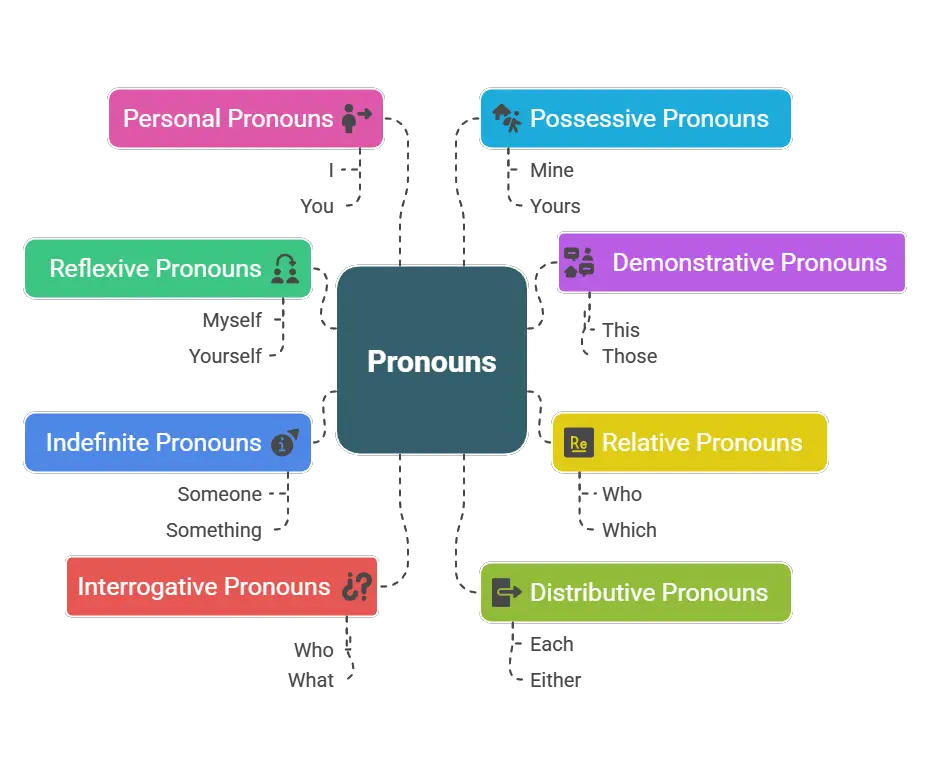
- Personal pronouns
- Possessive pronouns
- Reflexive pronouns
- Demonstrative pronouns
- Indefinite pronouns
- Relative pronouns
- Interrogative pronouns
- Distributive pronouns
1. Personal Pronouns
Personal pronouns are the most common type of pronouns we use most frequently in our daily activities. Let’s come to the definition: a pronoun that is used to place instead of any specific person or thing is called a personal pronoun. For example, I, we, you, she, they, it, etc.
Personal pronouns are marked in bold for easy identification.
- I have a sweet puppet.
- We have been playing cards since morning.
- You are very good at English.
- He had an evergreen memory of his childhood.
- She is going to arrange a meeting with her colleagues.
- They will be played in the final match.
- It is a very beautiful place to visit every year.
2. Possessive Pronouns
Possessive pronouns are a necessary pronouns among the eight types of pronouns. They indicate ownership or possession. Let us see the definition of the possessive pronoun. A pronoun that is used to indicate possession is called a possessive pronoun—for example, mine, ours, yours, his, hers, theirs, etc.
Also, read➡
- 8 parts of speech with definitions
- 5 Types of Nouns in English
- 8 Best English Learning Websites
- 50 Positive Words That Start With D
Possessive pronouns are marked in bold for easy identification.
- The pen is mine.
- You have to fulfill the dreams of yours.
- He doesn’t follow the duty of his.
- The red jacket is hers.
- They are going to build the building theirs.
3. Reflexive Pronouns
A pronoun used to add self or selves and indicate the subject or clause is called a reflexive pronoun, for example, yourself, himself, herself, ourselves, etc. A reflexive pronoun is used when the subject and object indicate the same person or the same thing.
Reflexive pronouns are marked in bold for easy identification.
- I regret the guilt of myself.
- It would help if you were careful of yourself.
- We bought some food for ourselves.
- He claims himself to be a brilliant student.
- She wants to take herself to a new position.
- They enjoyed themselves at the wedding party.
4. Demonstrative Pronouns
Demonstrative pronouns are usually used to point to specific things and identify or highlight something in particular. In other words, we can say they replace nouns that are understood in the context. A demonstrative pronoun is used to specify a subject. Let us see some examples: this, that, these, those, etc.
Demonstrative pronouns are marked in bold for easy identification.
- This is the book I borrowed from you.
- Is that your car over there?
- These are the keys I was looking for.
- Those are the mountains we climbed last summer.
5. Indefinite Pronouns
Indefinite pronouns refer to nonspecific people or things. Let’s come to the definition: A pronoun that indicates any unidentified person or thing is called an indefinite pronoun. For example, any, anyone, some, someone, no one, anybody, somebody, nobody, many, everyone, all, etc.
Indefinite pronouns are marked in bold for easy identification.
- One should follow one’s duty.
- Is there anyone to answer this question?
- Would you please call someone to take me into the house?
- No one can disagree with this matter.
- Somebody help the poor.
- Nobody defeats him in this game.
- Everyone should concentrate on the class.
- All of the passengers missed the train.
6. Relative Pronouns
A pronoun used to introduce a relative clause and connect it to an independent clause is called a relative pronoun. For example, who, whose, whom, which, etc.
Relative pronouns are marked in bold for easy identification.
- I have a sister who is very good at English.
- I found the student whose book is on the table.
- He has a good friend whom he loves so much.
- My brother has a dog which is beautiful.
- The story that she told was incredible.
7. Interrogative Pronouns
A pronoun that can be used as a relative pronoun that may be found in a question or indirect question is called an interrogative pronoun, for example, who, whom, which, what, etc.
Interrogative pronouns are marked in bold for easy identification.
- Who is sitting in front of you?
- Whom do you want to love?
- Which do you prefer to buy?
- What is your opinion regarding this issue?
- Whom did you call yesterday?
- Who is responsible for the problem?
8. Distributive Pronouns
A pronoun used to indicate persons or things one at a time is called a distributive pronoun. Distributive pronouns are always singular, following singular nouns and verbs. Let’s see some examples of distributive pronouns; each, every, either, neither, etc.
Distributive pronouns are marked in bold for easy identification.
- Each took part in the competition.
- Each of the players will play the match.
- Either is fine with me.
- Neither is correct here.
Summary Table: 8 Types of Pronouns
| Type | Function | Examples |
|---|---|---|
| Personal | Replace people/things as subject/object | I, you, he, me, them |
| Possessive | Show ownership | mine, yours, hers |
| Reflexive | Refer back to the subject | myself, ourselves |
| Demonstrative | Point to specific items | this, those |
| Indefinite | Refer to non-specific things or people | someone, anything |
| Relative | Connect clauses | who, which, that |
| Interrogative | Ask questions | who, what, whose |
| Distributive | Refer to items individually | each, either, neither |
Final Words
In fine, we can remark that pronouns play a very significant role in improving the quality of a sentence. So, it’s essential to learn all eight types of pronouns, including their definitions and examples. This is how we’ll be able to identify any pronoun in a sentence.
Frequently Asked Questions
What are pronouns?
Pronouns are words or parts of speech that replace nouns to avoid repetition.
What are the types of pronouns, and what are they?
Pronouns are of eight types. They are personal pronouns, possessive pronouns, reflexive pronouns, demonstrative pronouns, indefinite pronouns, relative pronouns, interrogative pronouns, and distributive pronouns.
What is the difference between a pronoun and a noun?
A noun is a word that names a person, place, thing, or idea, while a pronoun is a word that replaces a noun to avoid repetition.
📝 Worksheet: 8 Types of Pronouns
🔹Part A: Match the Type of Pronoun with Its Example
Instructions: Draw a line to match the pronoun to the correct type.
| Pronoun | Type of Pronoun |
|---|---|
| 1. they | a) Possessive Pronoun |
| 2. mine | b) Demonstrative Pronoun |
| 3. herself | c) Indefinite Pronoun |
| 4. these | d) Personal Pronoun |
| 5. everyone | e) Reflexive Pronoun |
| 6. who | f) Interrogative Pronoun |
| 7. each | g) Distributive Pronoun |
| 8. what | h) Relative Pronoun |
🔹Part B: Fill in the Blanks with the Correct Pronoun
Instructions: Choose the correct pronoun from the box below and fill in the blanks.
(myself, that, who, whom, his, each, they, everyone, whose)
- ______________ is the book I told you about.
- I completed the project all by ______________.
- ______________ is responsible for bringing snacks today?
- ______________ passed the test with flying colors.
- ______________ car is parked outside?
- He is the boy ______________ I met at the library.
- ______________ was surprised by the news.
- ______________ of the players received a certificate.
🔹Part C: Choose the Correct Option
Instructions: Circle the correct pronoun in each sentence.
- (Who / Which) is your best friend in class?
- This dress is (hers / her).
- I gave the books to (them / they).
- (Neither / Each) of the options seems right to me.
- The man (who/ what) lives next door is a doctor.
🔹Part D: Fix the Pronoun Errors
Instructions: Read the sentences and correct the pronoun mistakes.
- Myself went to the market yesterday.
👉 ___________________________________________________ - This is your pencil, not me.
👉 ___________________________________________________ - I don’t know whose is knocking at the door.
👉 ___________________________________________________ - Each of the boys have done their work.
👉 ___________________________________________________
🔹Part E: Short Writing Task
Instructions: Write 5 original sentences using at least 5 different types of pronouns. Underline the pronouns in your sentences.
Answer Key:
✅ Part A: Match the Type of Pronoun with Its Example
| Pronoun | Type of Pronoun |
|---|---|
| 1. they | d) Personal Pronoun |
| 2. mine | a) Possessive Pronoun |
| 3. herself | e) Reflexive Pronoun |
| 4. these | b) Demonstrative Pronoun |
| 5. everyone | c) Indefinite Pronoun |
| 6. who | h) Relative Pronoun |
| 7. each | g) Distributive Pronoun |
| 8. what | f) Interrogative Pronoun |
✅ Part B: Fill in the Blanks with the Correct Pronoun
- I completed the project all by myself.
- Who is responsible for bringing snacks today?
- Everyone passed the test with flying colors.
- Whose car is parked outside?
- He is the boy whom I met at the library.
- They were surprised by the news.
- Each of the players received a certificate.
- That is the book I told you about.
✅ Part C: Choose the Correct Option
- Who is your best friend in class?
- This dress is hers.
- I gave the books to them.
- Neither of the options seems right to me.
- The man who lives next door is a doctor.
✅ Part D: Fix the Pronoun Errors
- I went to the market yesterday.
- This is your pencil, not mine.
- I don’t know who is knocking at the door.
- Each of the boys has done his work.
✅ Part E: Sample Sentences (Answers May Vary)
- They went to the stadium to play soccer. (Personal)
- This pen is mine, not yours. (Possessive)
- He fixed the bicycle himself. (Reflexive)
- These are the flowers we planted. (Demonstrative)
- Someone left their backpack on the bus. (Indefinite)
(Students should underline the pronouns in their own answers.)
Pronoun Quiz

Azizul Hakim is the founder & CEO of englishfinders.com. He is a passionate writer, English instructor, and content creator. He has completed his graduation and post-graduation in English language and literature.

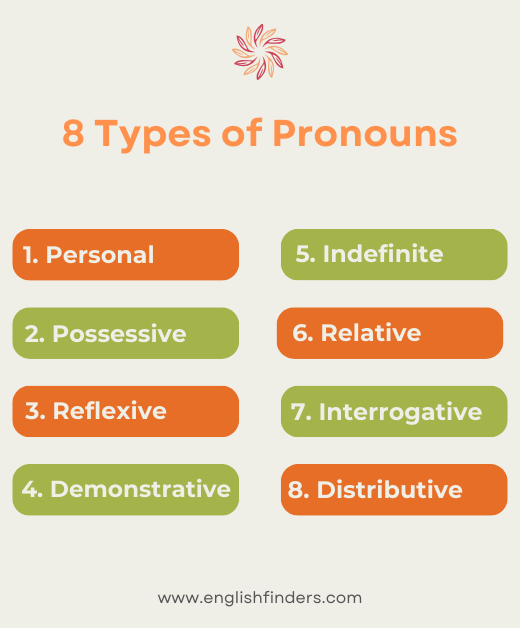
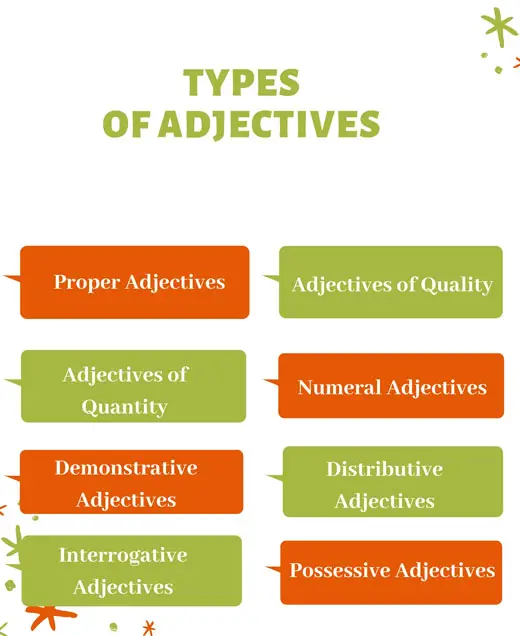
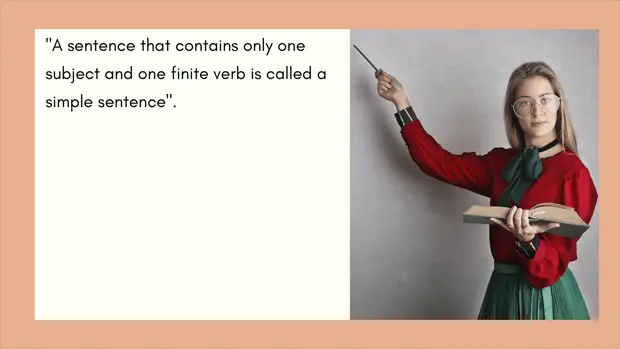
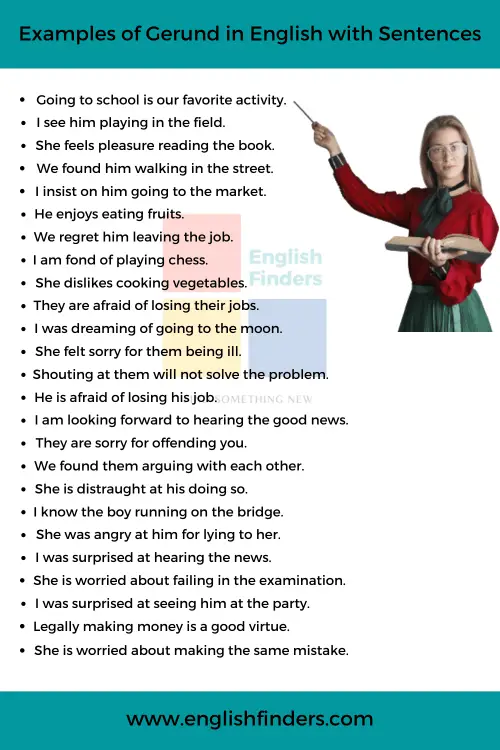
good work done
Thank u!
the quiz and explanation has be done nicely I like it
Thank you!